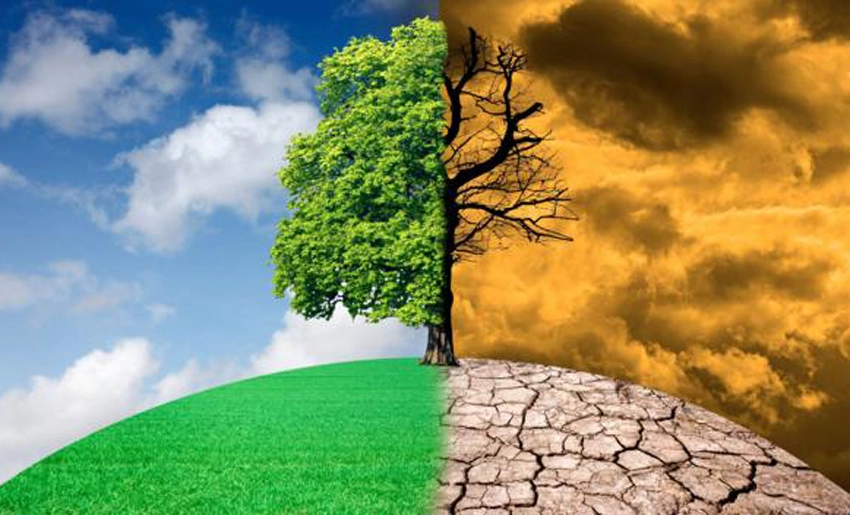The Provincial Meteorological Center of Holguin promotes projects to develop resilience to climate change, as part of the Tarea Vida, the Cuban state’s plan to confront this global problem.
The programs include capacity building in agriculture, through the cultivation of varieties resistant to intense drought and saline intrusion, among the consequences of this phenomenon, said Graciela Pérez Rivas, a specialist of this institution.
She said that the municipality of Urbano Noris, an eminently agricultural territory with low rainfall, is one of the scenarios chosen for this research, which also contributes to food sovereignty plans.
Among the main actions are the training of producers, regarding issues such as sustainable planting of pastures, forage, viands and vegetables and the use of biogas, he added.
In addition, in other localities of Holguin, such as Rafael Freyre and Banes, through the Ministry of Science, Technology and Environment, these inquiries are extended and technological packages are implemented to increase yields per hectare of crops.
In the eastern territory, bulletins and brochures on climate are also published, aimed at facilitating the work of producers, from the preparation of the soil to the harvesting of fruits.
Tarea Vida is being implemented in more than 70 Cuban coastal municipalities, with the aim of reducing the negative impact of climate change by relocating houses from danger zones and protecting mangrove forests, which act as natural barriers against strong meteorological phenomena.
With information from the Cuban News Agency / Translated by Radio Angulo
- Installation of Photovoltaic Systems in Rural Communities in Holguin - 19 de January de 2026
- 39th City Salon Opens in Holguin - 19 de January de 2026
- Habanos Festival Among Cuba’s Most Important Tourism Events - 19 de January de 2026

